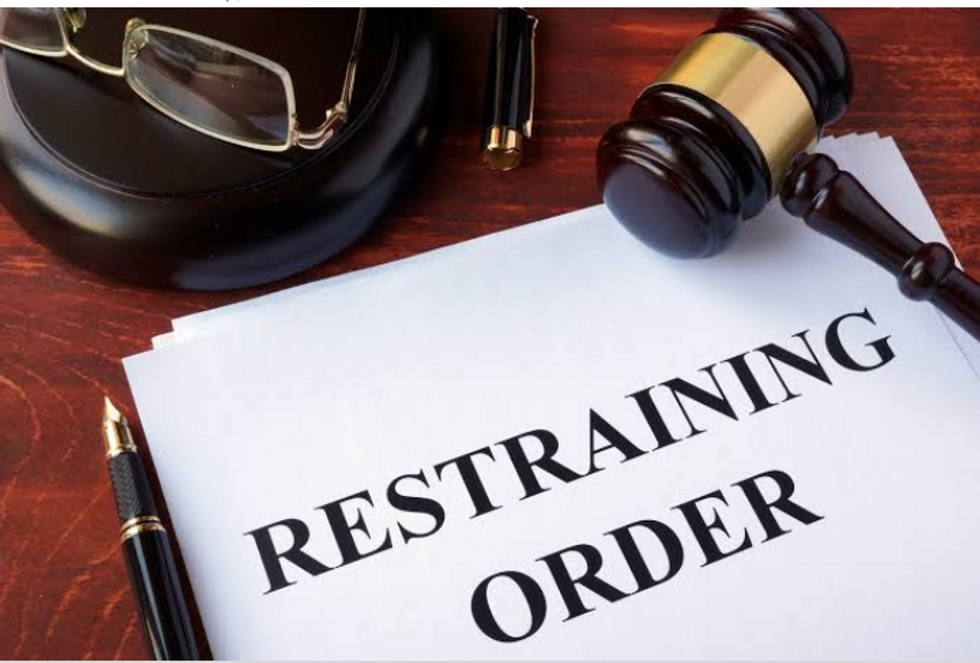It can be heart-wrenching to watch a friend suffer from domestic abuse, especially if it was a loved one
You might wish to help them from the abuse, but it may be unclear that there would not be any options. Fortunately, there are legal options through which a victim can be saved from an abusive relationship or marriage. In some state laws, even live-in relationships are considered.
Usually, when the victim from an abuse approaches the court for help regarding their abusive relationship, the abuser will be given a particular order by the court. The court depends on the nature of the abuse and the urgency for the victim's protection.
Hence, if you have become a victim of abuse or know someone dealing with an abusive person, you can reach out to a protection from abuse attorney in PA who can offer legal help.
The difference between a restraining order and protective order:
In the event of abuse, the court can give two orders to the abuser, not at the same time but depending on the victim's approach for help.
Order for protection:
If a person is being disturbed, abused, or even stalked, the abuser can be held accountable and may be given an order by the court without the abuser's presence.
Usually, for a victim to approach a protective order, they do not necessarily require an attorney. The victim can contact the circuit clerk, and the formalities will be taken care of.
An order for protection prohibits the abuser from molesting, attacking, stalking, disturbing, abusing the victim. Additionally, the victim can request temporary child custody if needed.
The order for protection is the initial order delivered by the court at the first hearing.
Restraining order:
Unlike an order for protection or an ex parte order, a restraining order serves as protection to the victim for a more extended period after the victim and the abuser attend the final hearing.
After the hearing, the relationship between the abuser and the victim may not act as a barrier, and the victim is protected from the abuser. Additionally, the abuser is advised to pay for the victim's medical bills and attorney fees.
If the abuser and the victim had a child, then the child custody may be handed over to the victim and child support. A restraining order can also mandate the abuser to undergo effective ccounsellingtreatment.






 The minimum wage is not a living wage.
StableDiffusion
The minimum wage is not a living wage.
StableDiffusion
 influential nations
StableDiffusion
influential nations
StableDiffusion












